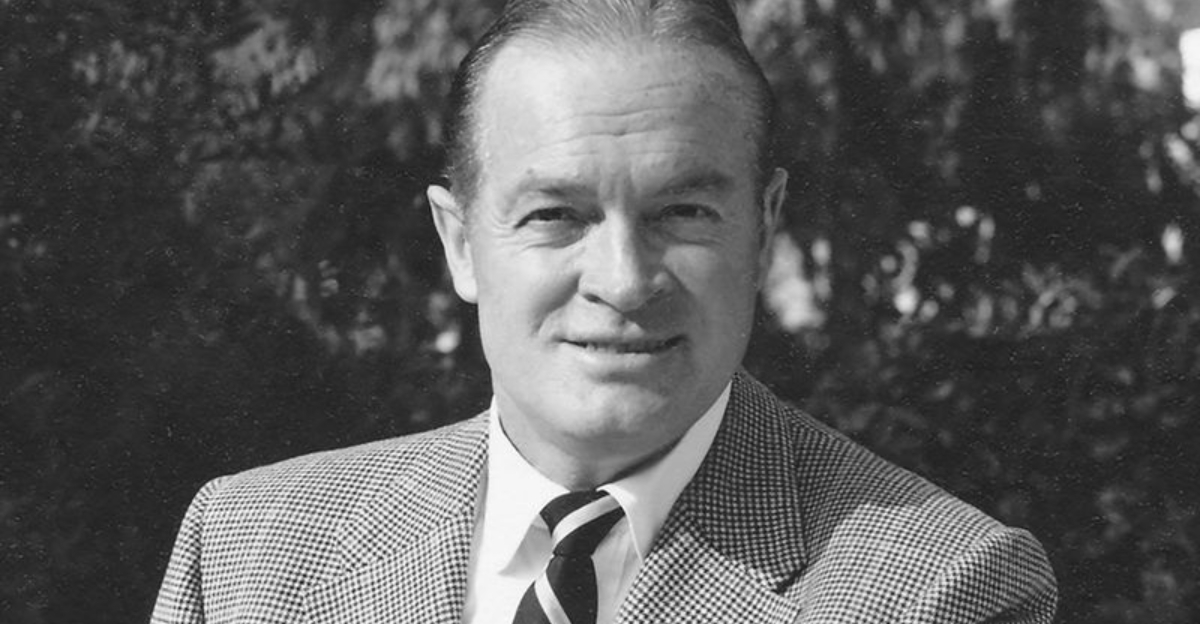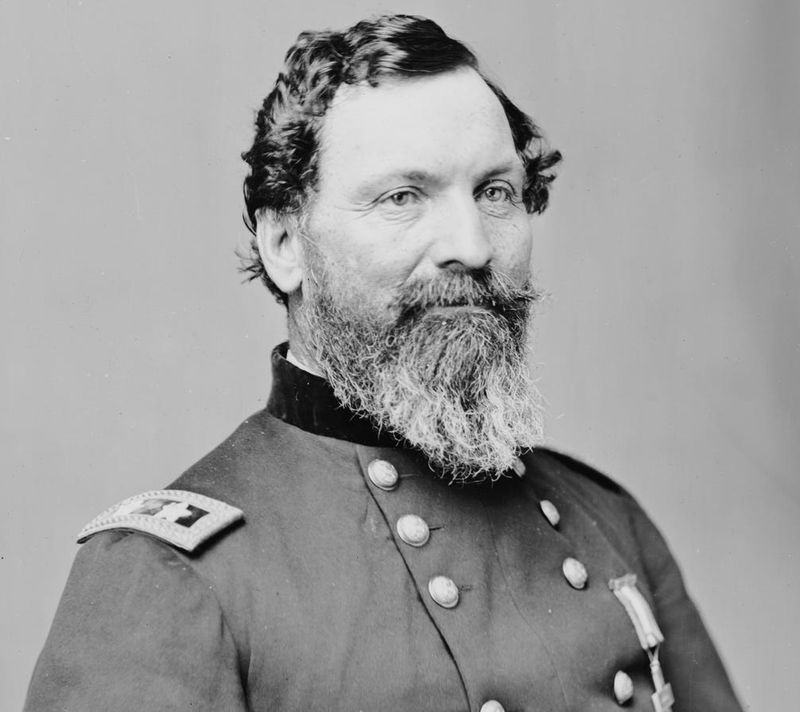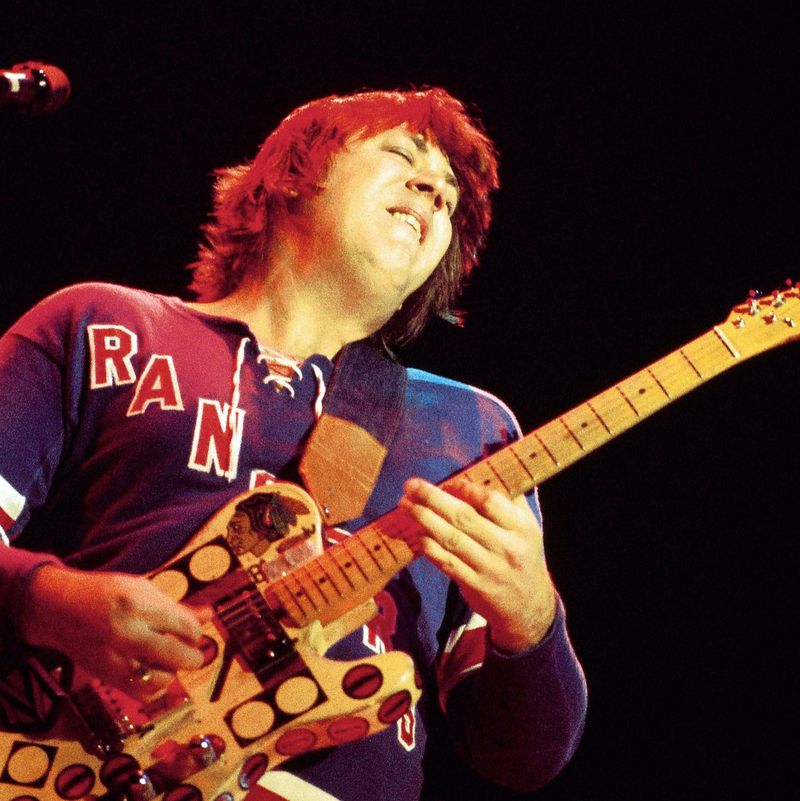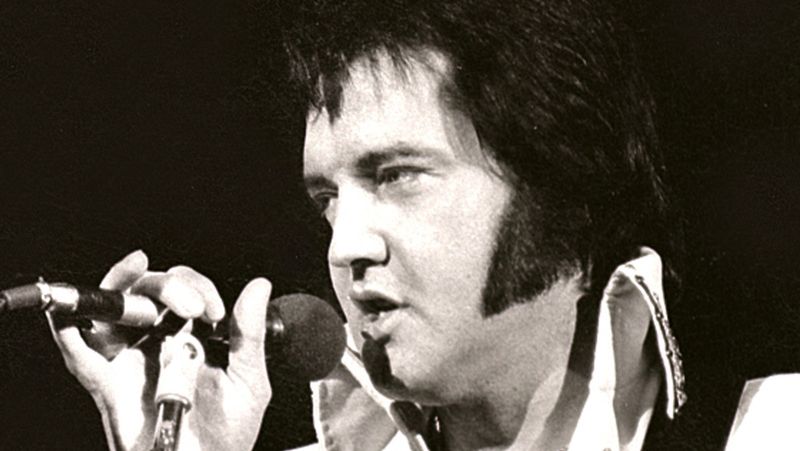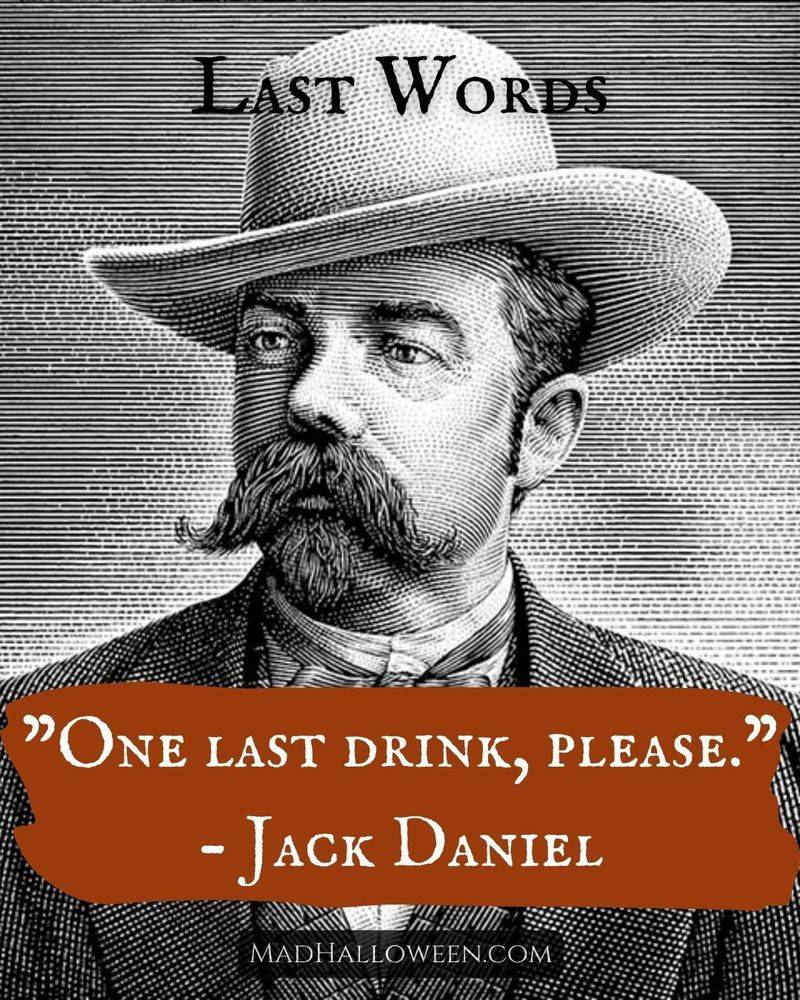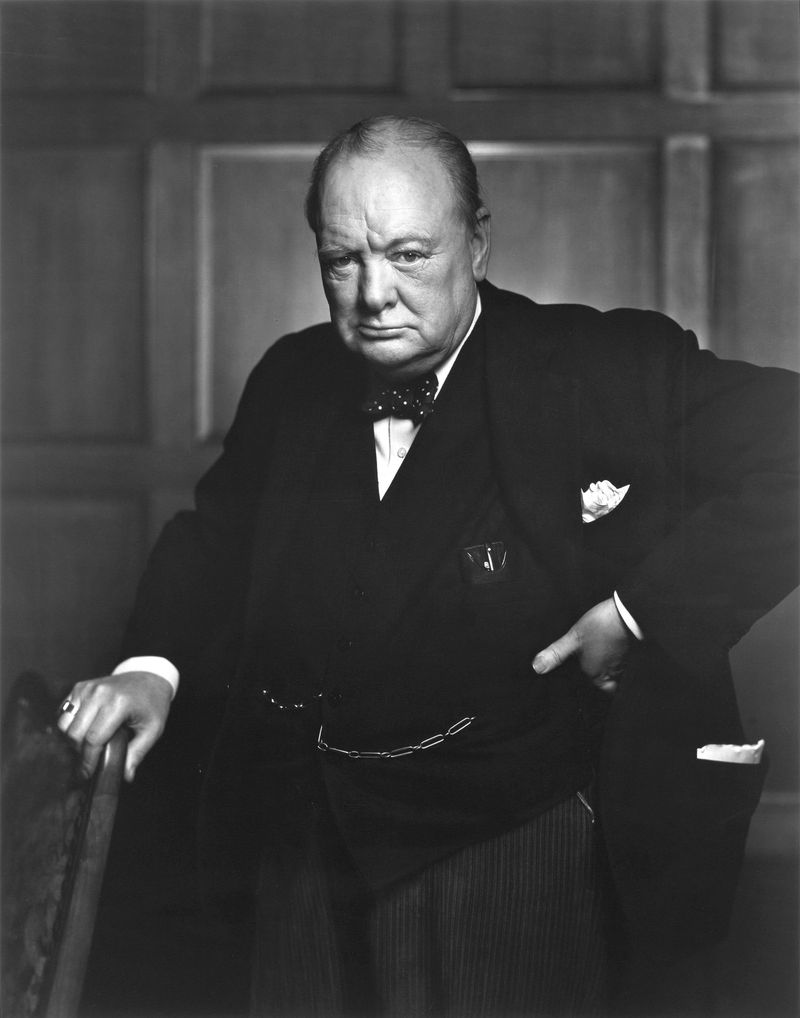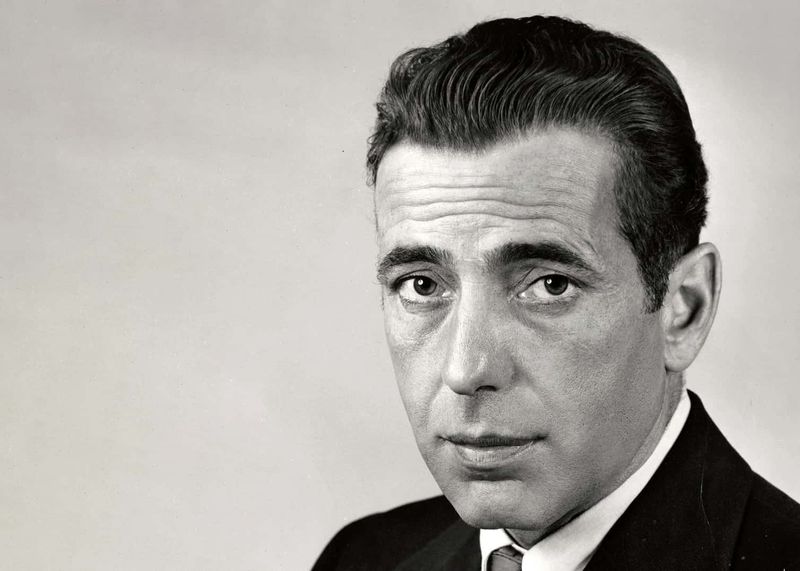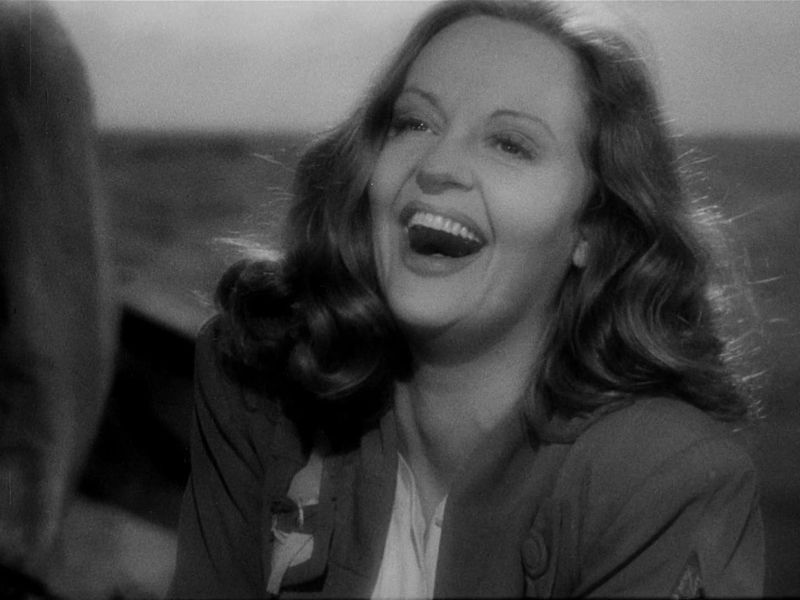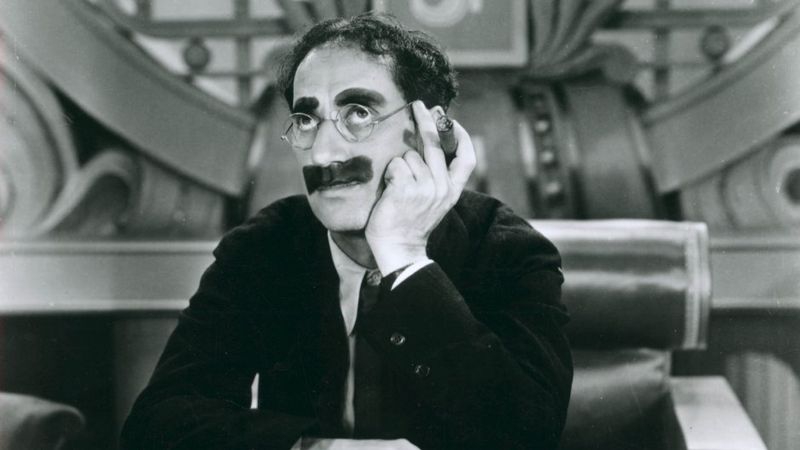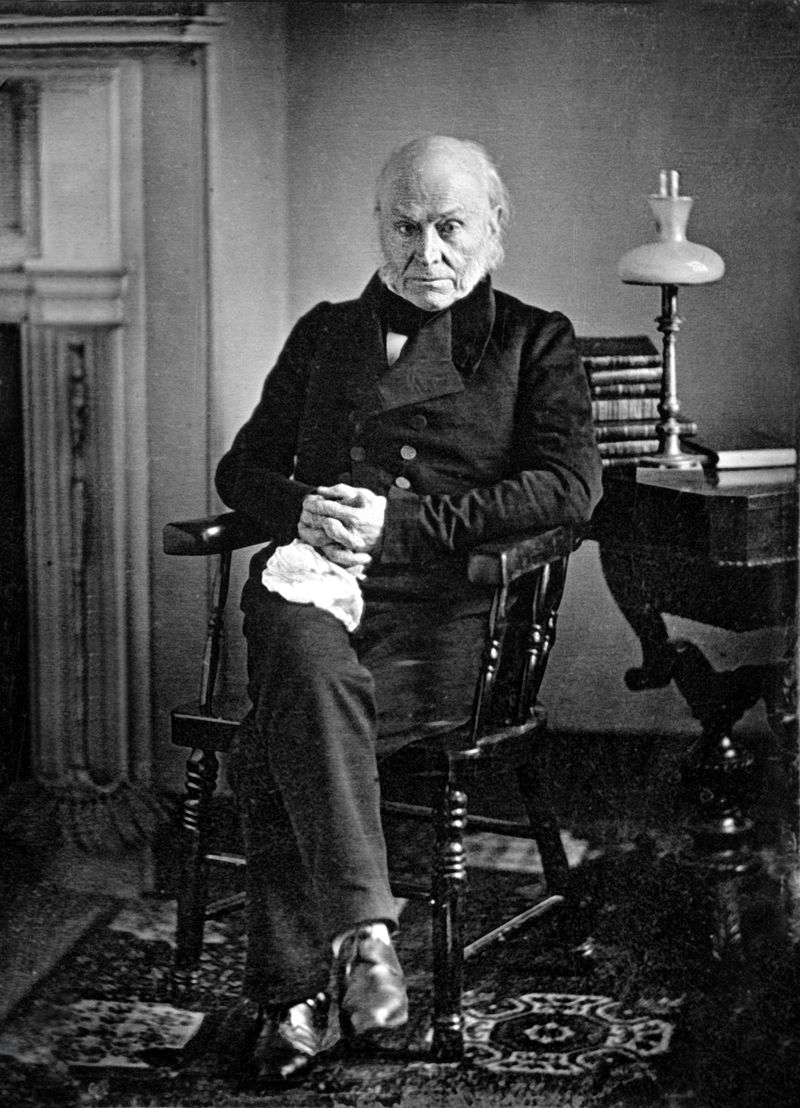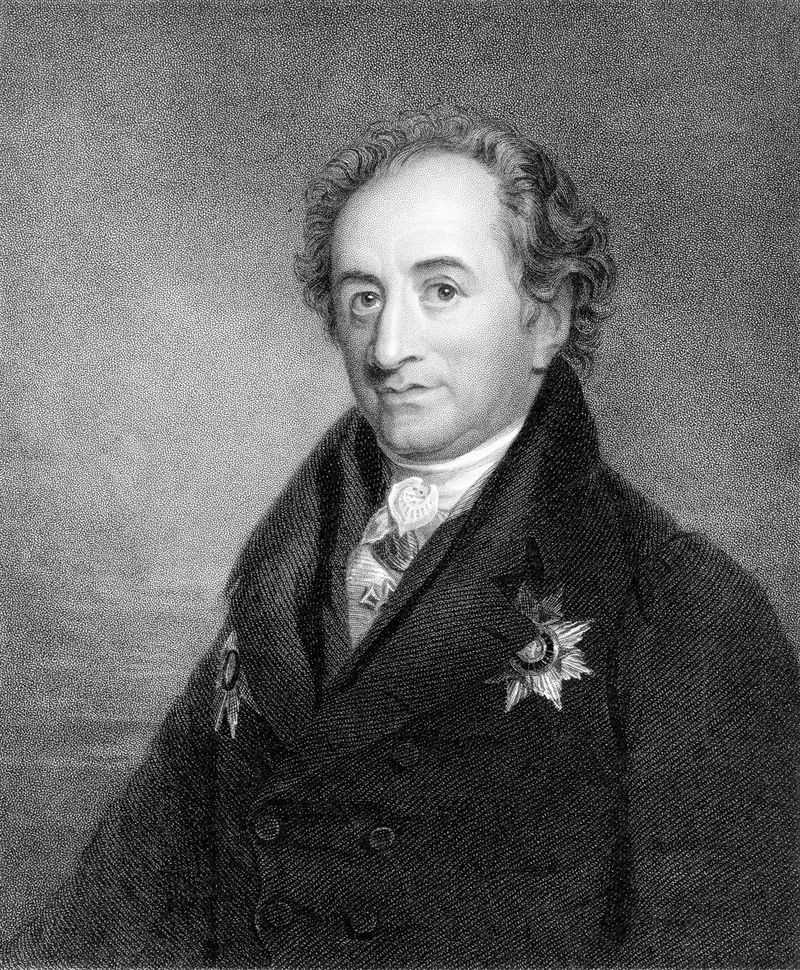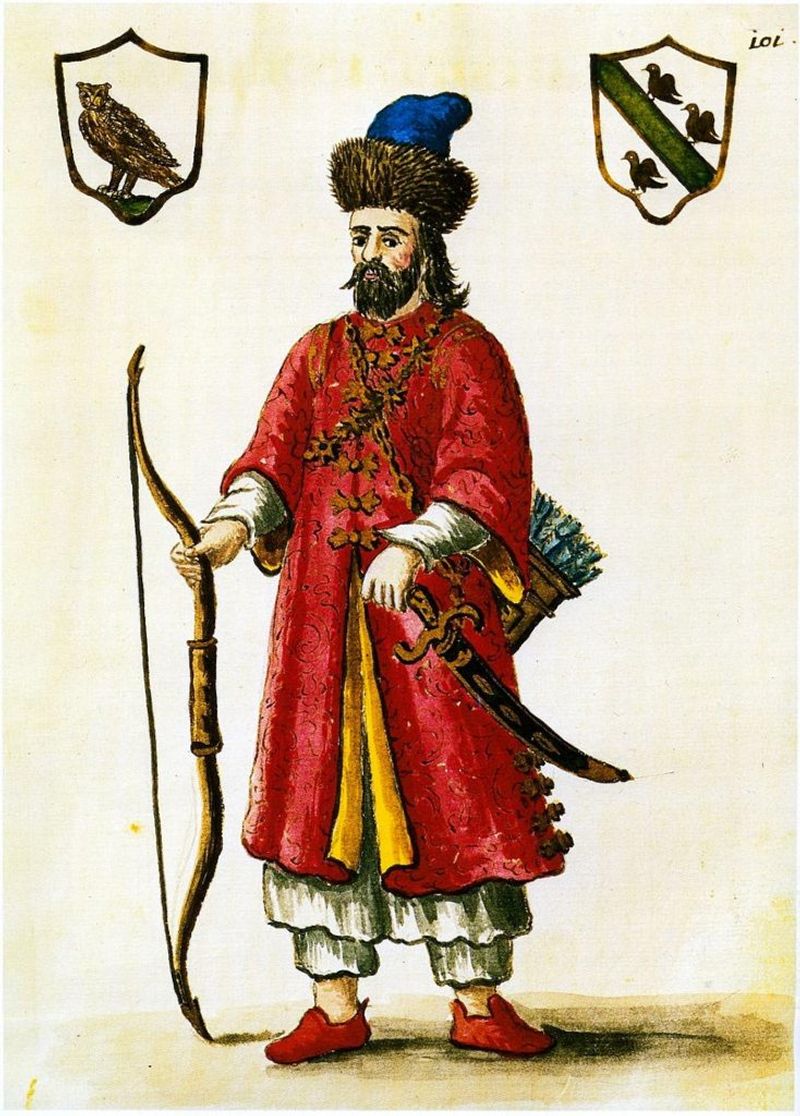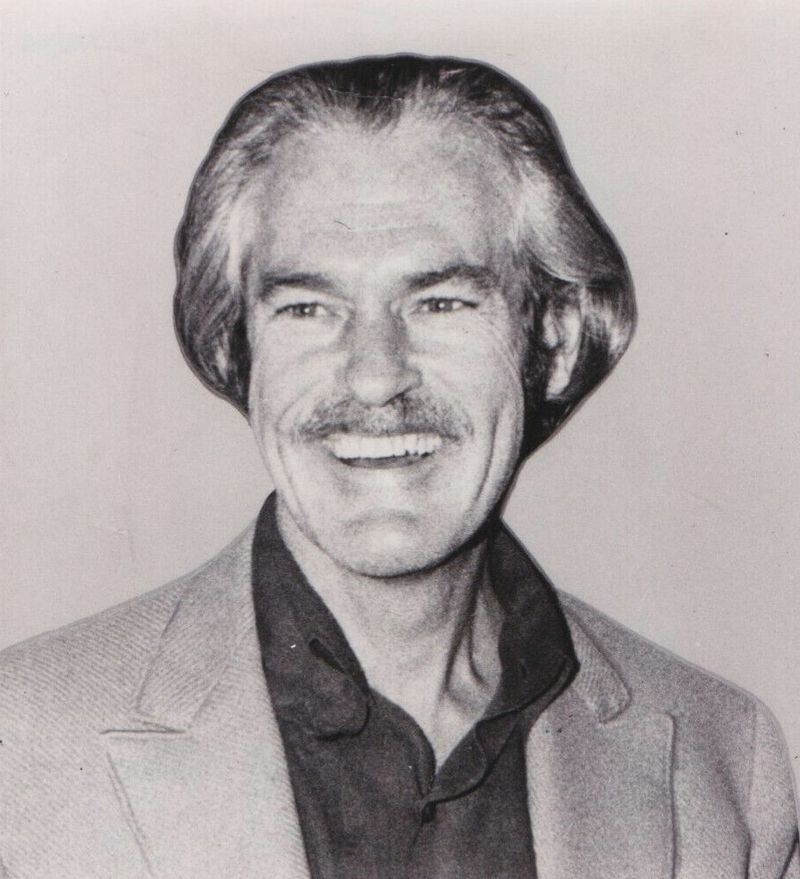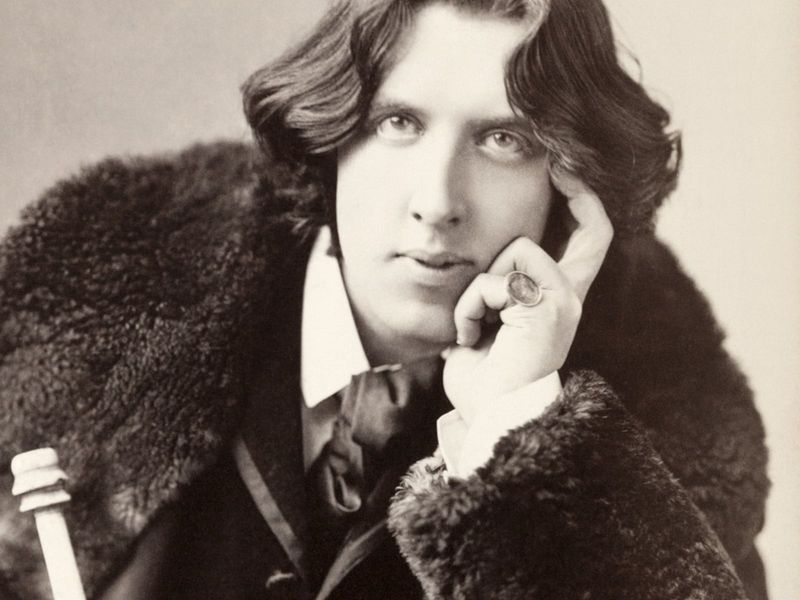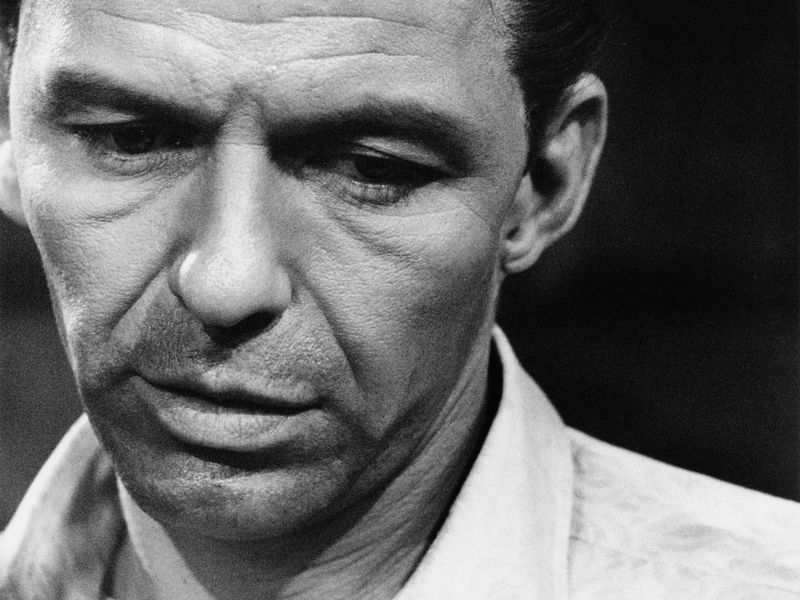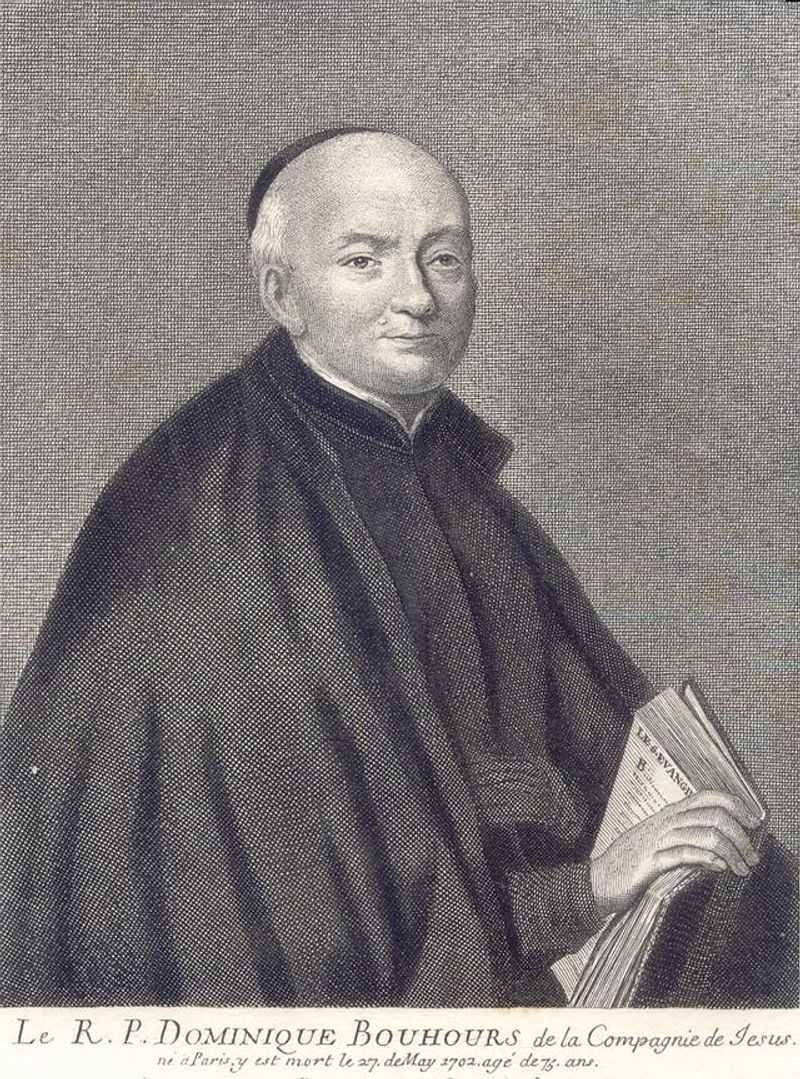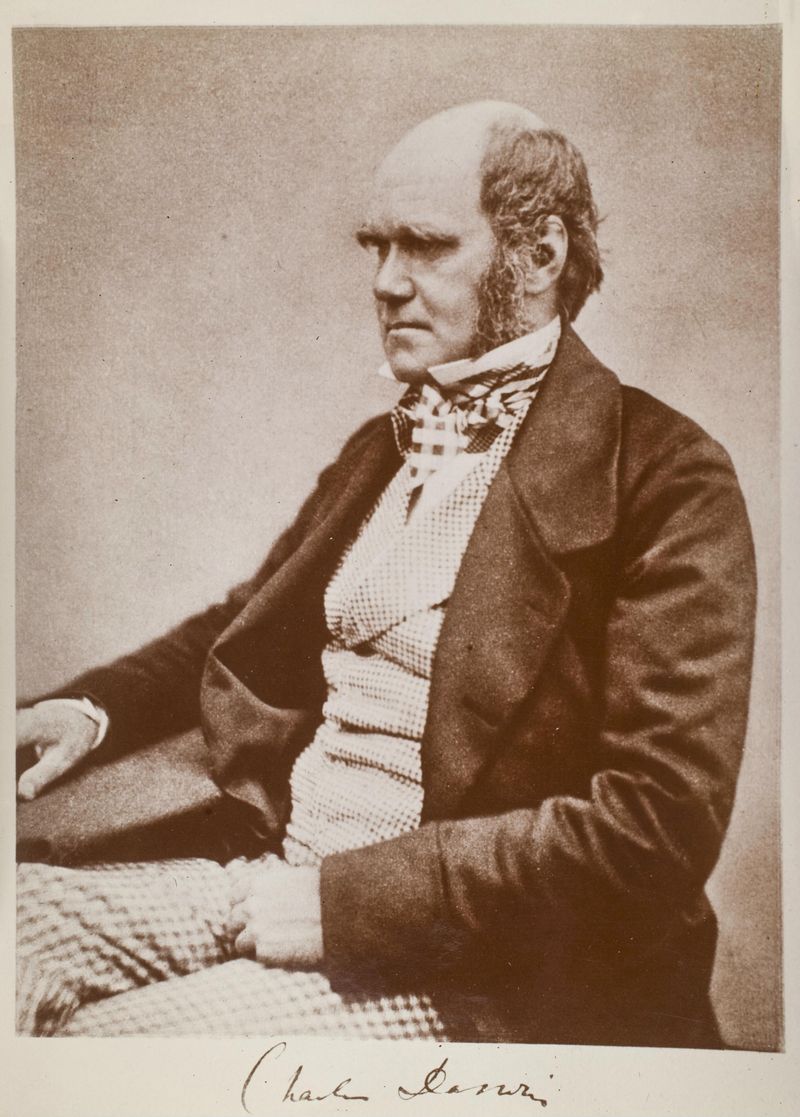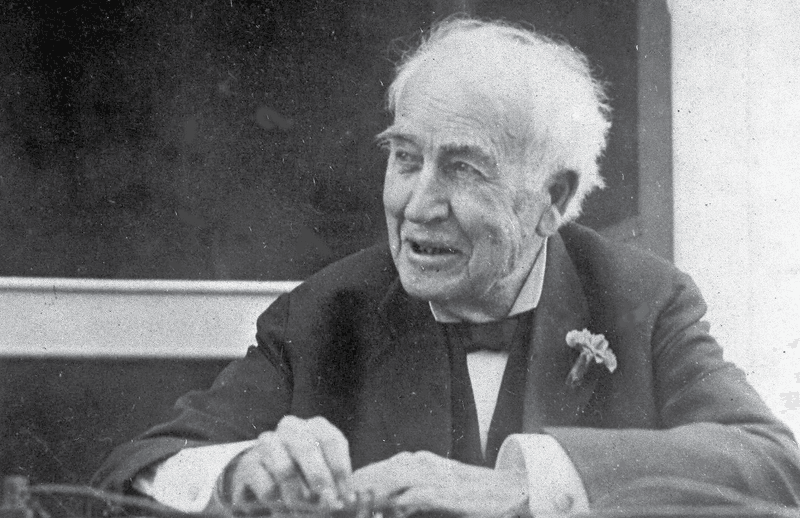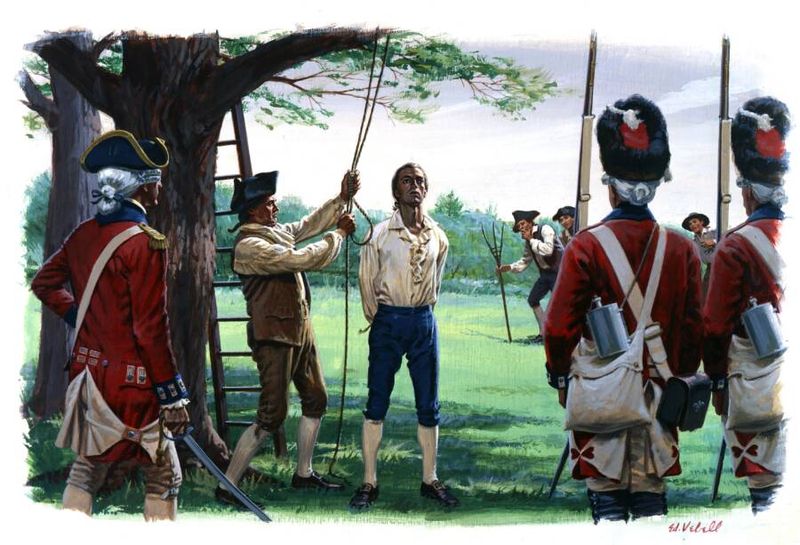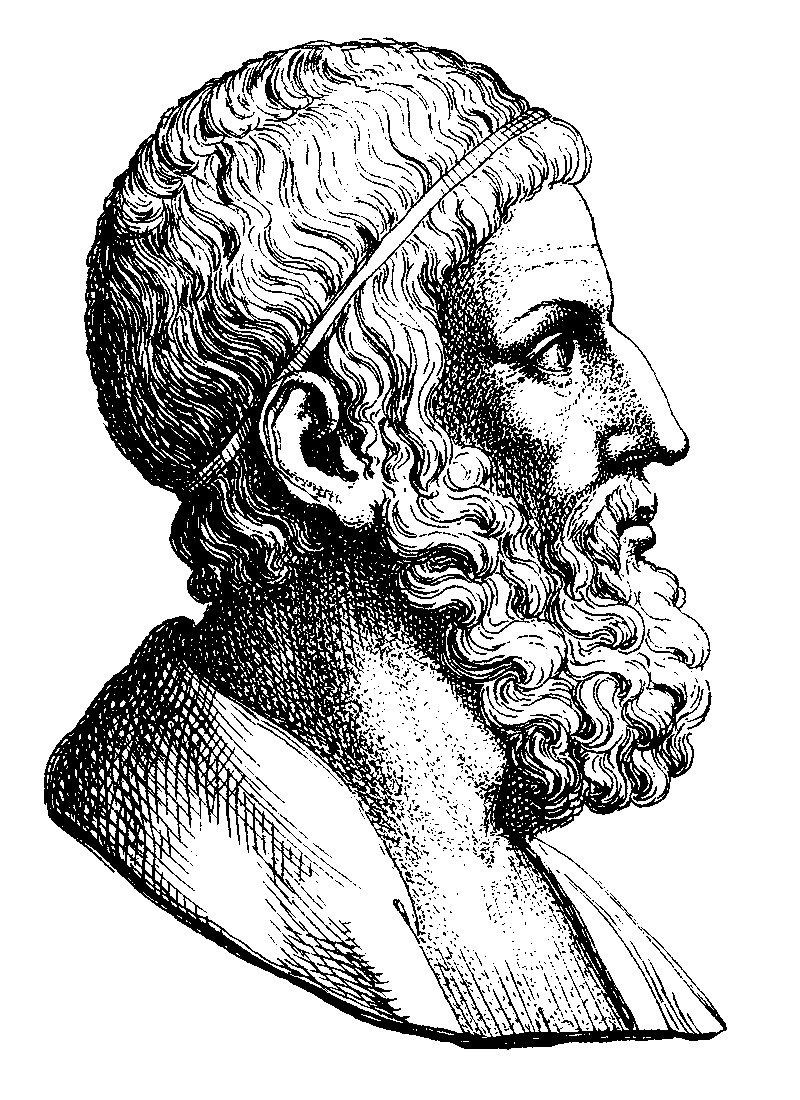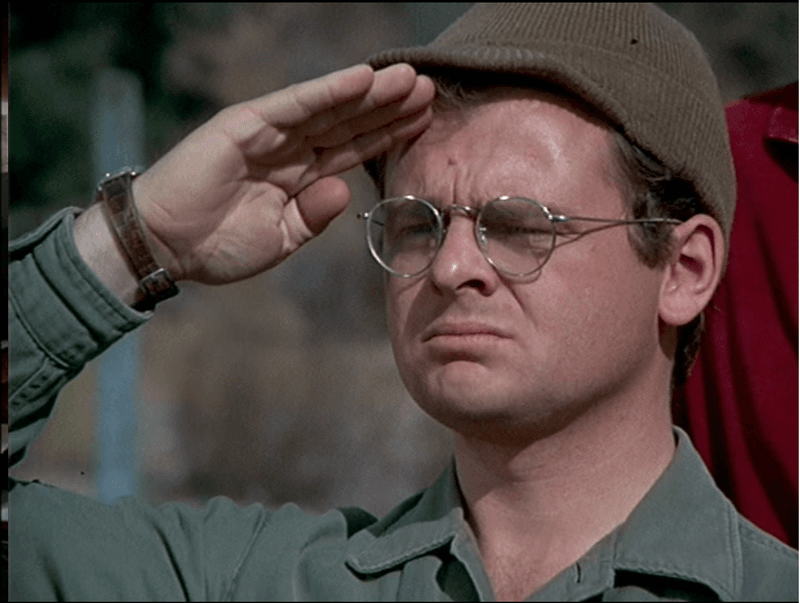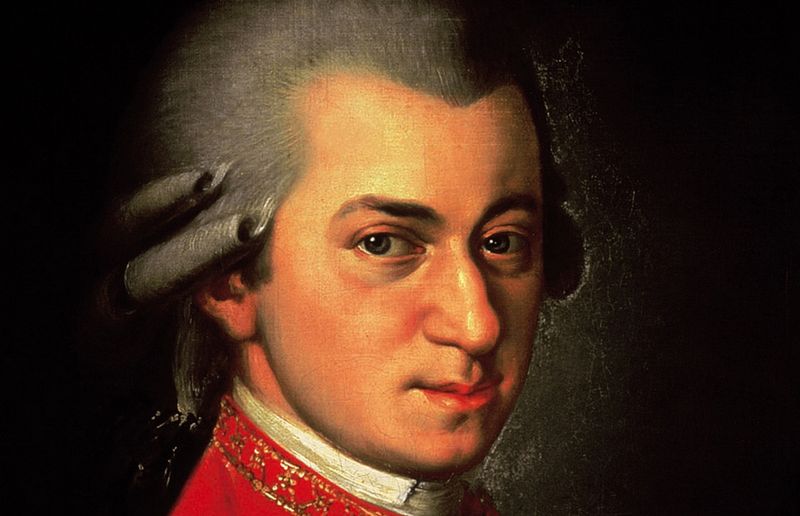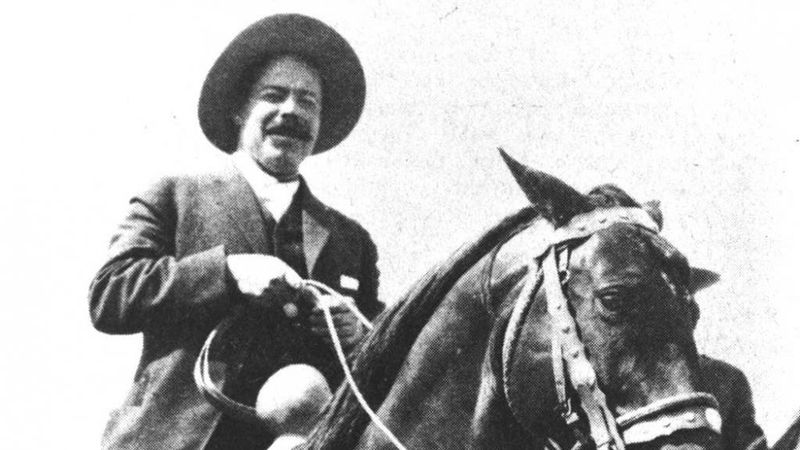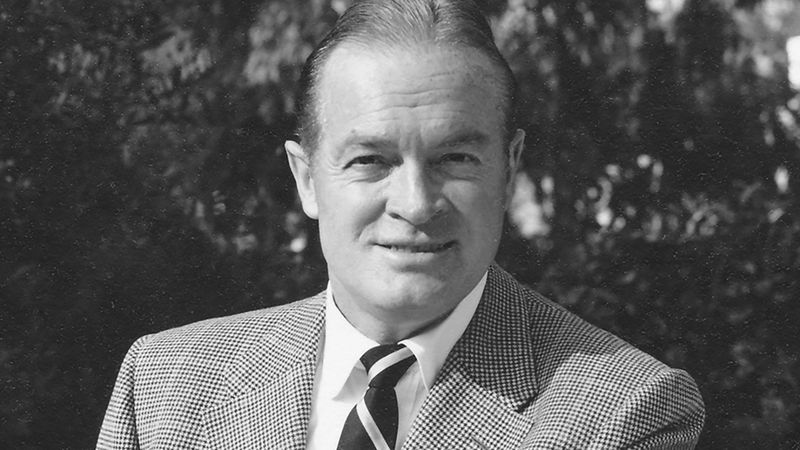In the annals of history, some final words resonate with irony that’s hard to ignore. These expressions, uttered in life’s closing moments, often encapsulate a dash of humor, a twist of fate, or a reflection of character.
This collection explores 24 such instances where the last words spoken hold a poignant or ironic twist, showcasing the unpredictability of life and the human penchant for leaving a memorable mark, even in death.
1. Gen. John Sedgwick
General John Sedgwick, a Union Army leader during the Civil War, famously remarked, “They couldn’t hit an elephant at this distance.” Moments later, a Confederate sniper shot him, marking a tragic end to a seasoned soldier’s career. Sedgwick was known for his tactical prowess and leadership, always at the forefront of battle.
His final words, spoken with misplaced confidence, reflect the chaos and unpredictability of war. This moment serves as a stark reminder of the ever-present dangers soldiers face, even those as experienced as Sedgwick.
The irony of his statement underscores the cruel twists of fate that can occur in war.
2. Terry Kath
Terry Kath, the vibrant guitarist for the band Chicago, uttered, “Don’t worry, it’s not loaded,” moments before accidentally shooting himself. The incident unfolded as Kath, known for his immense talent and love of firearms, casually played with a gun he believed was safe.
His untimely death at 31 left the music world mourning a talented soul gone too soon. Kath’s words, spoken with casual assurance, reveal the tragic irony of his demise—a reminder of the importance of firearm safety, even for the most experienced handlers.
His legacy endures through Chicago’s timeless music.
3. Elvis Presley
Elvis Presley, the King of Rock ‘n’ Roll, left fans with, “I’m going to the bathroom to read,” before suffering a fatal heart attack shortly after. Known for his electrifying performances and larger-than-life persona, Presley’s final words were surprisingly mundane.
This simple act of retreating to read underscores the human behind the legend—a man seeking solitude in his final moments.
The irony lies in the contrast between his public image and his private end, highlighting the unpredictable nature of life and death, even for those who seem invincible.
4. Jack Daniel
Jack Daniel, the founder of the renowned whiskey brand, asked for “One last drink, please,” before his death. Known for his fiery spirit, Daniel succumbed to blood poisoning after a peculiar incident where he kicked a safe.
His final request for a drink encapsulates his lifelong passion and dedication to his craft. Yet, it’s the irony of his demise—unrelated to his whiskey—that adds a twist to his story.
This unexpected end serves as a reminder of life’s capricious turns and the legacy one leaves behind.
5. Winston Churchill
Winston Churchill, the indomitable British leader, expressed, “I’m bored with it all,” before slipping into a coma. Known for his steadfast leadership during WWII, these words reflect a weariness that belied his public persona.
Churchill’s final admission offers a glimpse into the fatigue that accompanied his storied life.
The irony lies in the juxtaposition of his powerful legacy with his subdued farewell, showing the human side of a historical titan who had shouldered the weight of the world.
6. Humphrey Bogart
Humphrey Bogart, the quintessential film noir star, quipped, “I should never have switched from Scotch to Martinis,” as he lay dying from esophageal cancer. Known for his sharp wit and iconic roles, Bogart’s parting words were infused with his trademark humor.
These words reveal a man confronting his mortality with a dry wit that endeared him to audiences worldwide.
Despite the gravity of his condition, Bogart’s final jest reflects the resilience of his spirit and his enduring legacy in the world of cinema.
7. Tallulah Bankhead
Tallulah Bankhead, known for her dramatic flair, reportedly asked for “Codeine… bourbon” as her last request. A larger-than-life figure, she lived with a boldness that was mirrored in her final moments.
Bankhead’s request speaks to her unrestrained nature and the theatricality she embraced throughout her career.
The irony of her final words lies in their alignment with her extravagant persona, encapsulating a life lived on her own terms right until the very end.
8. Groucho Marx
Groucho Marx, the legendary comedian, bid farewell with, “Die, my dear? Why, that’s the last thing I’ll do!” Known for his witty humor, Marx’s final words were a fitting parting joke.
His quip reflects a lifetime spent entertaining and a refusal to surrender his comedic spirit, even in death.
The irony here lies in his ability to maintain humor in his final moments, a testament to the enduring nature of laughter and its power to defy the solemnity of life’s end.
9. John Quincy Adams
John Quincy Adams, former U.S. President, declared, “This is the last of Earth! I am content.” His words, poetic and composed, reflected a man at peace with his life’s journey.
Adams’ final statement captures the solemn grace he exhibited throughout his public service career.
The irony, if any, is in his serene acceptance, contrasting the turbulent political world he once navigated, leaving a legacy of leadership and diplomacy.
10. Johann Wolfgang von Goethe
Johann Wolfgang von Goethe, the German literary giant, called for “More light!” on his deathbed. These words, often interpreted as spiritual, hint at his constant pursuit of knowledge and enlightenment.
Goethe’s plea is seen as a metaphor for the illumination he sought in life through literature and exploration of human nature.
The irony lies in the literal interpretation by those who believe he simply wanted the shutters opened, juxtaposing the profound with the mundane.
11. Marco Polo
Marco Polo, the famed explorer, cryptically confessed, “I have not told half of what I saw.” Known for his travels to Asia, Polo’s final words left a lingering question about the veracity of his tales.
These words add an air of mystery to his legacy, suggesting untold adventures or embellishments.
The irony lies in the doubt cast over his renowned accounts, inviting reflection on the blend of fact and fiction in storytelling.
12. Timothy Leary
Timothy Leary, a counterculture icon, casually remarked, “Why not? Yeah,” as he faced death. This laid-back response is emblematic of Leary’s philosophical approach to life and the unknown.
His final words reflect a lifetime of embracing new experiences with an open mind, inviting others to explore the realms of consciousness.
The irony lies in the simplicity of his farewell, encapsulating his belief in the freedom to explore life’s possibilities without fear.
13. Oscar Wilde
Oscar Wilde, the celebrated wit, lamented, “My wallpaper and I are fighting a duel to the death. One or the other of us has to go.” Exiled and ill in a Paris hotel, Wilde’s final jest reflected his enduring humor.
His words capture the artistic disdain he felt for his surroundings, even in his final days.
The irony lies in the triviality of his last complaint, contrasting with his profound literary contributions, underscoring the enduring nature of his wit and style.
14. Frank Sinatra
Frank Sinatra, an icon of music and charisma, softly admitted, “I’m losing it,” just before passing. Known for his charm and powerful voice, Sinatra’s subdued farewell contrasts with his vibrant life.
These words reveal the vulnerability of a man whose public persona never faltered.
The irony, perhaps, is in the simplicity of his final moments, a stark contrast to the larger-than-life image he maintained throughout his career.
15. Dominique Bouhours
Dominique Bouhours, a renowned grammarian, mused, “I am about to — or I am going to — die: either expression is correct.” Even in death, he found solace in linguistic precision.
Bouhours’ final words highlight his lifelong dedication to the beauty and structure of language.
The irony lies in his satisfaction at achieving grammatical correctness, elevating the mundane act of dying to a scholarly pursuit, embodying his passion for meticulous expression.
16. Charles Darwin
Charles Darwin, the father of evolution, confidently stated, “I’m not the least bit afraid to die.” His calm acceptance of mortality reflects his scientific approach to life and nature.
Darwin’s final declaration underscores his belief in the natural cycle of life and evolution’s role in shaping existence.
The irony, if any, is in the serenity of his farewell, reflecting a life spent exploring life’s complexities and unraveling its mysteries.
17. Thomas Edison
Thomas Edison, the prolific inventor, whispered, “It is very beautiful over there,” suggesting a peaceful vision of what lies beyond. Known for his innovations, Edison’s final words evoke a sense of wonder.
His expression of beauty hints at optimism and curiosity, qualities that defined his inventive spirit.
The irony lies in the simplicity of his farewell from a man whose life was marked by complexity and brilliance, leaving a legacy of invention and inspiration.
18. Nathan Hale
Nathan Hale, a young patriot, declared, “I only regret that I have but one life to lose for my country.” His stoic words reflect the depth of his commitment to the American cause.
Hale’s statement captures the spirit of sacrifice and idealism that fueled the fight for independence.
The irony lies in the gravity of his conviction juxtaposed with the youthful enthusiasm of a life cut short, symbolizing the cost of freedom and the power of patriotism.
19. Heath Ledger
Heath Ledger, a gifted actor, reassured, “I’ll be fine,” before tragically overdosing. Known for his intense performances, Ledger’s final words reflect a calm exterior masking underlying struggles.
His untimely death shocked the world, leaving behind a legacy of powerful roles and unfulfilled potential.
The irony lies in the disconnect between his assurance and the tragic reality, highlighting mental health’s complexities and the importance of seeking support.
20. Archimedes
Archimedes, the brilliant mathematician, reportedly pleaded, “Don’t disturb my circles,” before a Roman soldier killed him. His dedication to his work was so profound that it outweighed the threat of death.
Archimedes’ final words emphasize the passion and focus that defined his contributions to science and mathematics.
The irony lies in the tragic end of a mind so dedicated to discovery, illustrating the tension between intellect and the harsh realities of life.
21. Henry Blake
Henry Blake, a beloved fictional character from MASH, remarked, “I’ll sleep well tonight.” The subsequent revelation of his plane being shot down adds a layer of tragic irony to his farewell.
Blake’s character embodied warmth and humor, making his departure all the more poignant.
The contrast between his serene statement and the ensuing tragedy underscores the unpredictability of life and the emotional impact of storytelling on viewers.
22. Wolfgang Amadeus Mozart
Wolfgang Amadeus Mozart, the prodigious composer, exclaimed, “The taste of death is upon my lips,” capturing the drama of his final moments. Known for his passionate compositions, Mozart’s words resonate with artistic flair.
His acknowledgment of mortality reflects the depth of his emotional and musical expressions.
The irony lies in the haunting beauty of his farewell, befitting a life marked by both genius and struggle, leaving an indelible mark on music history.
23. Pancho Villa
Pancho Villa, the Mexican revolutionary, implored, “Don’t let it end like this. Tell them I said something.” Villa’s concern for his legacy was evident even in his final moments.
His parting request underscores a desire to be remembered with a fitting tribute to his life’s mission.
The irony lies in his awareness of history’s judgment, revealing the complexities of a leader whose actions were as bold as his final plea.
24. Bob Hope
Bob Hope, the beloved comedian, cheekily replied, “Surprise me,” when asked about his burial wishes. Known for his quick wit, Hope’s final words were a testament to his playful spirit.
His response reflects a lifetime of humor and an ability to find joy in the unexpected.
The irony lies in the light-heartedness of his farewell, encapsulating a career dedicated to making others laugh, even in the face of life’s ultimate unknown.
